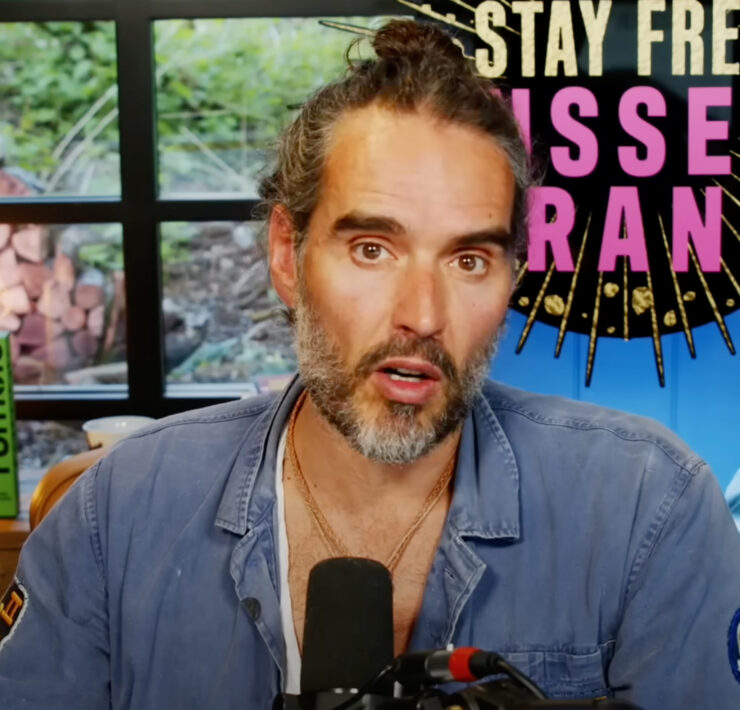
Every September 21, I wonder where my notes went. The secrets they held, the deathbed confessions, the pain I was finally releasing. It was all on paper. But they are gone, and I am here, unsuccessful in my attempt to die.
Those letters still haunt me.
How do 20 pages of yellow legal paper just vanish? Later, when I was able, I called the hotel, the hospital, the ambulance service, the psych ward and the police department. No one ever saw them. They’re just gone.
I spent two days drafting the most important letters of my life to all of my most important people.
The first was to Lindsey, my wife. It was the hardest to write. But it was sweet, it really was. I recalled our times traveling together, dreaming about changing the world while we sat on a moonlit back porch, driving through the countryside on lonely Saturday afternoons.
And I apologized for abandoning her and our baby boy. I was as genuinely sorry for leaving them as I was hell-bent on being delivered from my torture.
How can you apologize for the wrong you’re about to commit? How can you possibly make right what will never be right? Five years earlier, I stood at an altar before God and promised to cherish and respect her until death. This was not what either of us had in mind.
I also wrote letters to my best friends, Michael and Gigi, to both of my brothers and to the youth group I was serving at the time, knowing I would forever be remembered as the youth pastor who committed suicide. I was fully aware that every sermon I’d ever preached, every article I’d ever written and every word of advice I’d ever offered would now be seen as fraudulent and empty.
I was the guy who constantly told stories of messy grace and unconditional love, of finding the hope of Jesus during dark nights. I was a phony, not worthy to ever stand behind a pulpit and offer hope and peace to anyone ever again.
I even wrote a letter to my father-in-law, who still hates and distrusts me to this day. But I didn’t write one to my Dad. He’s never seemed to understand mental illness. But our issues went deeper than that. For six years, there had been a deep rift between us. A serious and hurtful indiscretion during his own mid-life crisis, along with a lifelong pattern of disengagement with his family, left me wondering if he would even care if I was gone.
Neither he nor my mom saw me in the hospital. I was glad I saved my ink.
Writing a note to my infant son, who would likely never remember me, nearly choked me with grief before I even began. I wanted a boy so badly. I was ready for kids long before Lindsey. When the two lines showed up on her pregnancy test, I screamed like Alabama had just won the National Championship. I had no doubts that baby would be my boy. I wanted a son, a legacy, one to impart wisdom and humor to. I wanted him, and I wanted to be his dad.
I just didn’t want me.
I stared at the blank page, uncertain. It was the day before his first birthday. If I killed myself, he would only know about me based on the editorial comments of others. Would someone think to tell him about my sense of humor? Would Lindsey share how I used to sing to him in her belly? How I wept when he was delivered? How when he screamed on the warming table while nurses cleaned him, I sang to him again, and he stopped crying and turned toward me? He knew my voice. Even at birth, he knew my voice. Would someone remember to tell him that?
Would he ever watch the video of his grandpa and me singing a duet on my first Father’s Day? He was there, sleeping on my chest the entire time, as we sang about being a holy example for my little boy. Would he know? Or would he only know me as a the one who left him, the coward who couldn’t handle life? In the end, I decided it was better to abandon him forever than force him to suffer through being raised by a father who had lost his mind.
When I finally finished the note to my little boy, I sighed hard, closed my Bible, and turned my attention to what was next.
Preparing to die is surreal.
I’m not sure how to even describe it. Imagine a dreamlike nightmare. Something fantastically terrible. In some ways I felt like a marionette, watching my hands scribe the darkest letters imaginable. I knew the choices I was making. I comprehended the secret plans I was devising, the dastardly deed that would forever mark my life as a failure. Yet it felt like my hands worked independent of my mind.
I knew my death would hurt my family and friends. They’d be shocked and even miserable for a while. But life does go on. They would be OK without me. They would have no choice.
If you have never lived through the hell of sleepless nights, been strangled by the cold hands of anxiety, you can’t understand why someone would want to die. You can’t possibly “get it” if you’ve never heard that scream-whisper of depression that rarely backs down, or felt the sting of worthlessness, no matter how hard you work.
The constrictive wash of shame over your soul at a red light for absolutely no reason, the weight of guilt that you just cannot escape, no matter what you do. If you’ve never felt any of these things, you can’t comprehend planning your death.
The suicide epidemic is squeezing the life out of our families, churches and communities. This is the reason I am open about my story, why I’ve written a book about these struggles (From Pastor to a Psych Ward), why I speak out and why I encourage others too.
Sharing my story always carries with it a bit of necessary weight, but I refuse to remain silent any longer, as people fall victim to the lie that there is no hope or help.
Suicide respects no one. It has snuffed out bright lights like Robin Williams and Ernest Hemingway. But closer to home, suicide robs families of teenagers and grandparents, steals teachers and pastors from communities and takes mothers away from their infants. It is a gift to survive it, but for someone who has just survived a suicide attempt, it often feels like failure to be alive.
I’m a pastor and I once attempted suicide because my brain has an illness, no different from heart disease or cancer. I require medication to function as normally as possible, and I have to visit a specialist to keep track of my progress.
The stigma surrounding mental illness, especially in Christian communities, keeps people locked in prisons of shame, refusing to admit that they need help. Yes Christians can and do struggle with mental illness. People need to know that they are not alone, and you can still be a Christian and have a mental illness.
Together we can stop the stigma of mental illness and start saving lives.






















